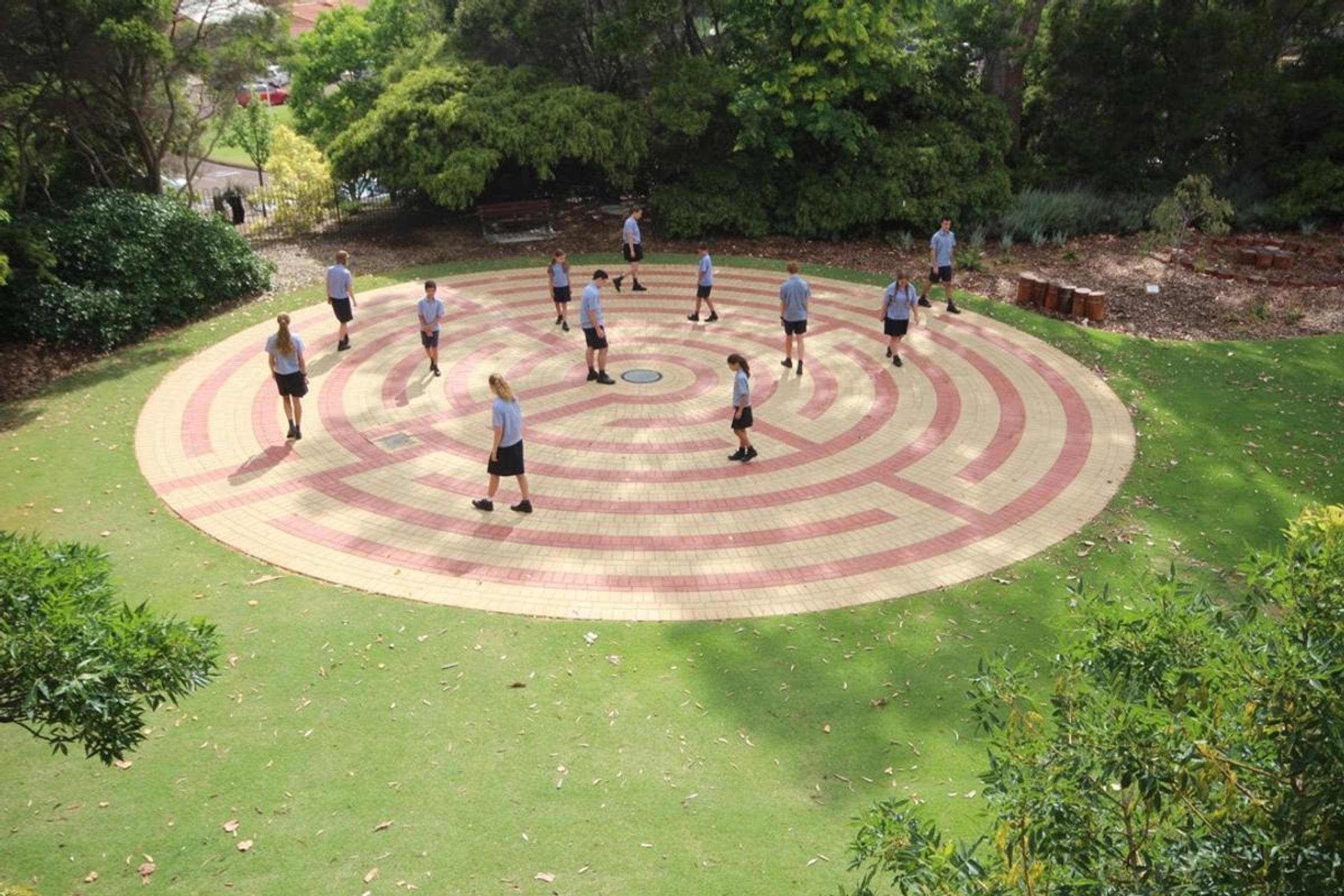Liturgy

Community Liturgy
Thank you to students and teachers from Year 7 who prepared our beautiful liturgy this morning.
Next Friday is Teachers’ Day in Australia and teachers will be preparing the Mass. All students, families and friends are welcome to this Eucharist to pray with and for teachers.
Community Liturgy summary
- Where: College Chapel
- Time: 8:00am – 8:30 am
- When: every Friday in term time
GOOD NEWS for 27th Sunday in Ordinary Time
Luke 18: 1-8
The reflection for this Sunday’s Gospel is part of a longer homily by Jesuit priest, Fr Richard Leonard. Fr Richard Leonard SJ is the Director of the Australian Catholic Office for Film and Broadcasting, is a member of the Australian Catholic Media Council and is author of Preaching to the Converted, Paulist Press, New York, 2006.
Many years ago I remember hearing the story of a charismatic prayer meeting which went all night. Apparently the leader was convinced that, ‘God wants to do a strong and powerful work here tonight and we have to show we are worthy.’ So he insisted that everyone stay until it happened. By dawn nothing had overtly occurred, so the leader declared, ‘God has worked hundreds of miracles here tonight – on the inside.’ What worries me about his story is that it can portray God as a remote and severe figure whom we need to convince that we are serious about him before he will be moved by our plight.
Today’s Gospel is often used to support this idea. The persistent widow gets her way because she nags the judge into submission. While Jesus praises her endurance, he tells the disciples that God is NOT like the judge, but rather that God will quickly attend to our needs, rather than see us cry out all night.
There is a long and venerable tradition in the Church that prayer can influence God’s will. Our belief in the power of intercession is predicated on it. This tradition holds that God regularly and actively intervenes to effect good outcomes in the world. In this school God is waiting to be asked or have us ask others to petition him.
The problem with this school is how much an all-knowing, unchanging God changes his mind in regard to our petitions. Furthermore God’s interventions in the world are fine if all the decisions are running our way, but what happens when they run against us?
This approach can downplay free will. It can minimise our role, with God, to discern our options and choose carefully. If most of our petitions are focused on what God can do, it shifts all the responsibility (and the blame) on to God.
An equally long and venerable tradition in the Church, however, is that prayer changes us. This tradition has had less airplay. Fasting, abstinence and pilgrimages, for example, do not change God, but are meant to change the person who undertakes them. These things can enable us to be more responsive or receptive to whatever happens in life. I think this tradition needs to be reclaimed.
The idea of prayer changing us, changes our prayer – giving it greater dynamism and urgency. While we may not know the mind or will of God, we often know our own thoughts and desires. We can usually pinpoint what needs recrafting or reshaping in us so that we may live out the goodness and love of God more clearly. Confronting and converting these obstacles, with God, can see our prayer at its boldest and bravest. At these times we can enjoy God’s healing and forgiveness. And because conversion is a lifetime process, Jesus encourages us not to lose heart but to pray always and hold on to faith even when the going gets tough.
John Powell once said, ‘God knows what we want and need before we open our mouths. In prayer, then, he does not need a performance from us. He longs for an act of love.’ May our celebration of the Eucharist help us to move away from demanding that God change his mind or will to allowing his love to keep converting and changing us. ©
Richard Leonard SJ

